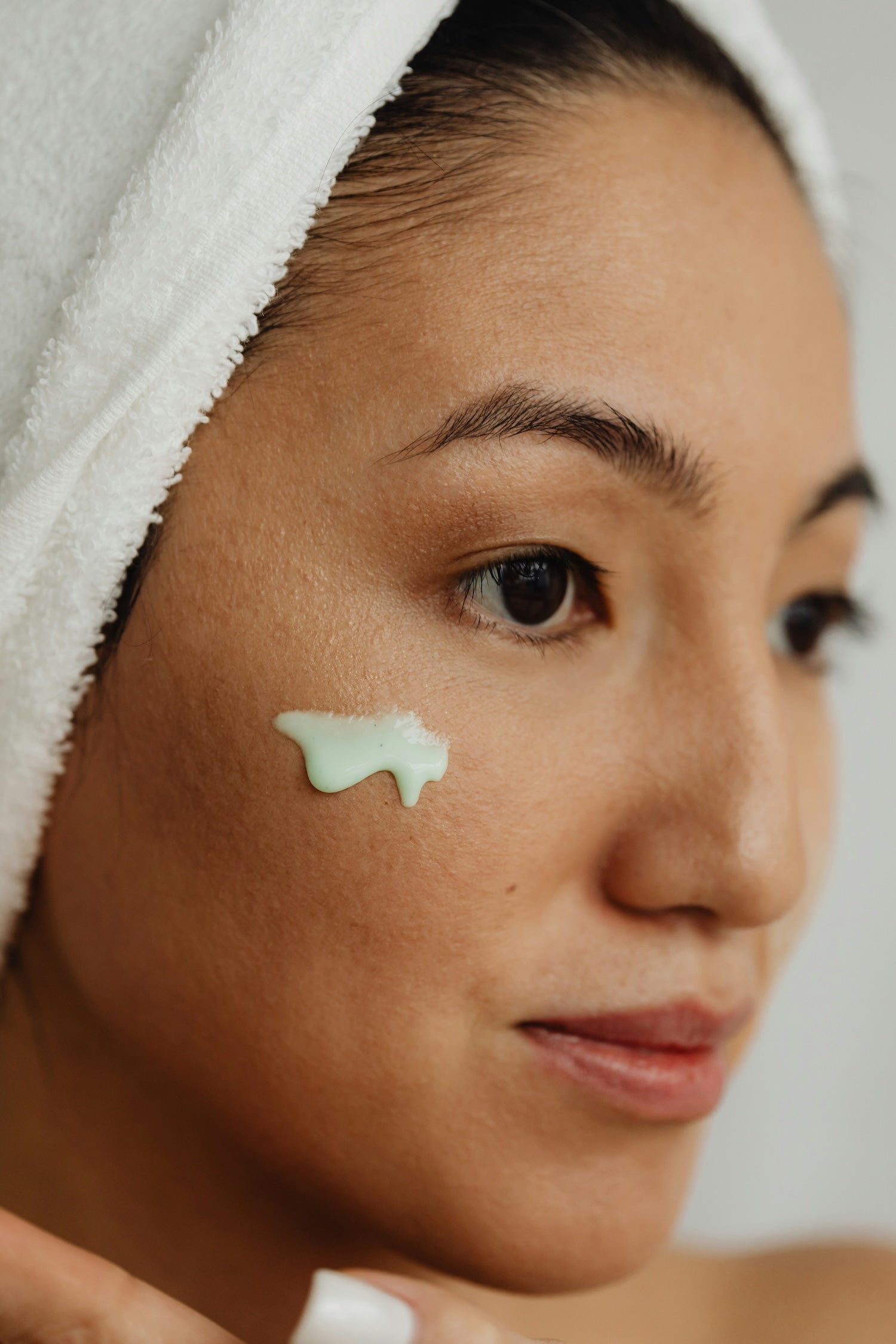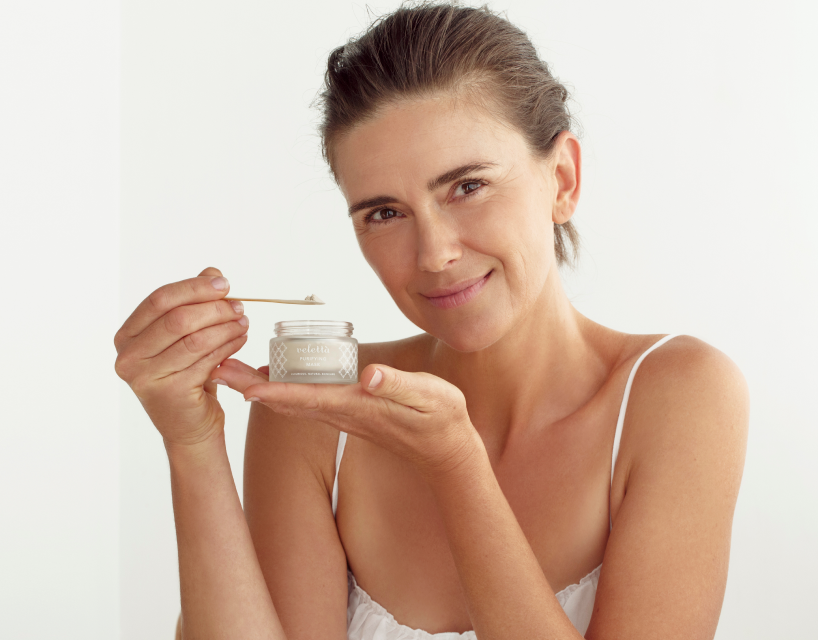Circadian rhythms are natural, internal processes that regulate the sleep-wake cycle and repeat roughly every 24 hours. These rhythms are driven by a biological clock located in the suprachiasmatic nucleus (SCN) of the hypothalamus in the brain. The term "circadian" is derived from the Latin words "circa" (around) and "diem" (day), reflecting the cycle's approximate 24-hour duration. Circadian rhythms influence various physiological processes, including hormone release, body temperature, and metabolism, aligning our internal environment with the external world.
The primary cue for circadian rhythms is light. Light exposure is detected by photoreceptors in the eyes and transmitted to the SCN, which then synchronises the body's clocks to the external light-dark cycle. This synchronisation is essential for maintaining health and well-being. Disruptions to circadian rhythms, such as those caused by shift work, jet lag, or irregular sleep patterns, can have significant negative effects on health.
One of the most notable effects of circadian rhythm disruption is on sleep. Poor sleep quality or insufficient sleep can lead to a range of health issues, including increased stress, impaired cognitive function, and weakened immune response. Chronic circadian misalignment has been linked to more severe health problems, such as obesity, diabetes, cardiovascular disease, and mood disorders like depression and anxiety. For instance, night shift workers are at a higher risk for developing metabolic syndrome, a cluster of conditions that increase the risk of heart disease and type 2 diabetes.
To better follow circadian rhythms and promote optimal health, several strategies can be implemented:
1. Maintain a Consistent Sleep Schedule: Going to bed and waking up at the same time every day, even on weekends, helps regulate your body's internal clock. Consistency reinforces the natural sleep-wake cycle, making it easier to fall asleep and wake up.
2. Optimise Light Exposure: During the day, expose yourself to natural sunlight to help keep your circadian rhythms aligned with the environment. Morning light is a beautiful thing. In the evening, reduce exposure to blue light from screens and bright lights, as these can interfere with melatonin production, the hormone that promotes sleep.
3. Create a Sleep-Conducive Environment: Ensure your sleeping environment is dark, quiet, and cool. Use blackout curtains, earplugs, or white noise machines if necessary. A comfortable mattress and pillow can also improve sleep quality.
4. Be Mindful of Diet and Exercise: Regular physical activity and a healthy diet can support circadian rhythms. Avoid large meals, caffeine, and alcohol close to bedtime, as these can disrupt sleep. Consuming meals at regular times helps regulate metabolic processes in sync with your circadian rhythms. If you eat too late at night, your body cannot work out whether it is dinner or breakfast. Try not to eat after 7pm and before 7am.
5. Manage Stress: Chronic stress can disrupt circadian rhythms. Practices such as mindfulness, meditation, and yoga can help manage stress levels and promote relaxation, supporting healthy sleep patterns. A great way to wind down is to indulge in a nighttime meditative routine. The best one we know: the Velettà evening ritual. We love it because not only does it incorporates Velettà's high performing vegan products, but it calms the mind, increases oxygen in the blood (there is lots of great breathwork) and signals to the body that sleep is coming.
Circadian rhythms play a crucial role in regulating various bodily functions and overall health. By adopting lifestyle habits that support these natural cycles, we can improve sleep quality, enhance well-being, and reduce the risk of chronic health conditions. Understanding and respecting our body's internal clock is essential for maintaining long-term health and vitality.
What are circadian rhythms and why are they important?

Posted by Sarah Bacon on



